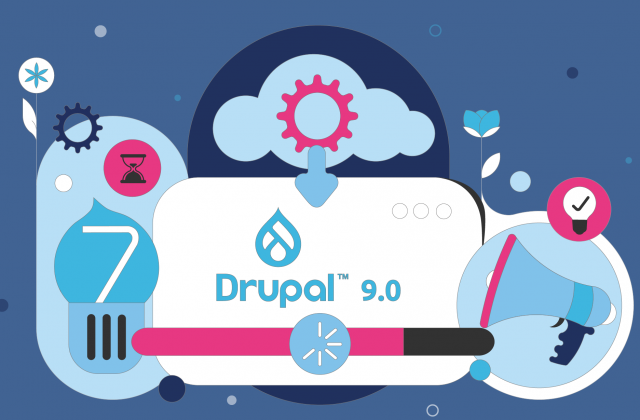Last week saw an interesting episode in the development and implementation of commenting services in social media, when Gap embarrassingly dropped a new logo just days after its launch as a direct result of a swathe of instant negative comments about it on networks such as Facebook and Twitter.
To Gap’s credit, at least they have their finger on the pulse to some extent, realising better late than never that the new logo was a failure. If anyone doubted the growing power of services such as Facebook’s ‘Like’ button for example, or believed it possible to conduct a modern business with little regard for things like Twitter analytics – this story surely provides a strong case to re-consider.
The truth is that social media is increasingly becoming an essential forum for accessing hugely diverse range of consumer opinion instantaneously. Where once expensive surveys had to be commissioned for a business to find out what their customers thought of this or that service or marketing campaign, social media now has the potential to fulfil this function – much more efficiently, quickly, and cheaply than was the case previously. This perhaps is why some privacy campaigners are unhappy with the ever-increasing commercialisation of Facebook, and also why most business like it a lot.
Take for example a handful of related online news developments this week, starting with Facebook’s announcement that it plans to ramp up its commenting services to incorporate more advanced comment counts, threading, voting, feedback and much more. (As Techcrunch points out, this is bad news for services such as Disqus who have so far provided this service in the absence of Facebook’s presence in that particular area). However, for business, the fact that Facebook is to step-up its activities in that arena speaks volumes of the potential of such a feature to become one of the main facilitator’s of Facebook commercialisation and monetization – and an invaluable business tool.
Another development this week has been the announcement that Klout, previously a Twitter-only analytical tool, will now also integrate Facebook into its analysis of the influence of particular users and topics online. Klout draws on various data (likes, comments, networks etc) to provide a simple Klout score so that you can assess network influence and penetration, something which is great for testing brand presence in social media, and also for assessing the speed and depth of reach of marketing campaigns.
All in all, when one considers these various developments from the previous week as a combined picture, the trend couldn’t be clearer: features that transmit short and clear information about what social media users think and feel are expanding at an impressive rate. This is great news for business for the simple reason that among this wealth of information, there is also a huge volume of data pertaining to their business (or not if the marketing isn’t working), which can remove much of the calculated estimation (guesswork) inherent in many significant business decisions. In the modern business context, ignoring this represents choosing somewhat of a handicap when trying to run a business – which is hard enough as it is.
Imagine for example the headache Gap would have had when, a few months down the line, the picture began to emerge (through ‘traditional’ pointers such as sales figures and surveys) that the new logo was a disaster. As it is, their awareness of developments in social media has completely minimised the negative consequences of their initially bad decision. Perhaps an even greater utilisation of SM, by way of testing the new logo a little more thoroughly before launch, could have averted the whole episode entirely.


